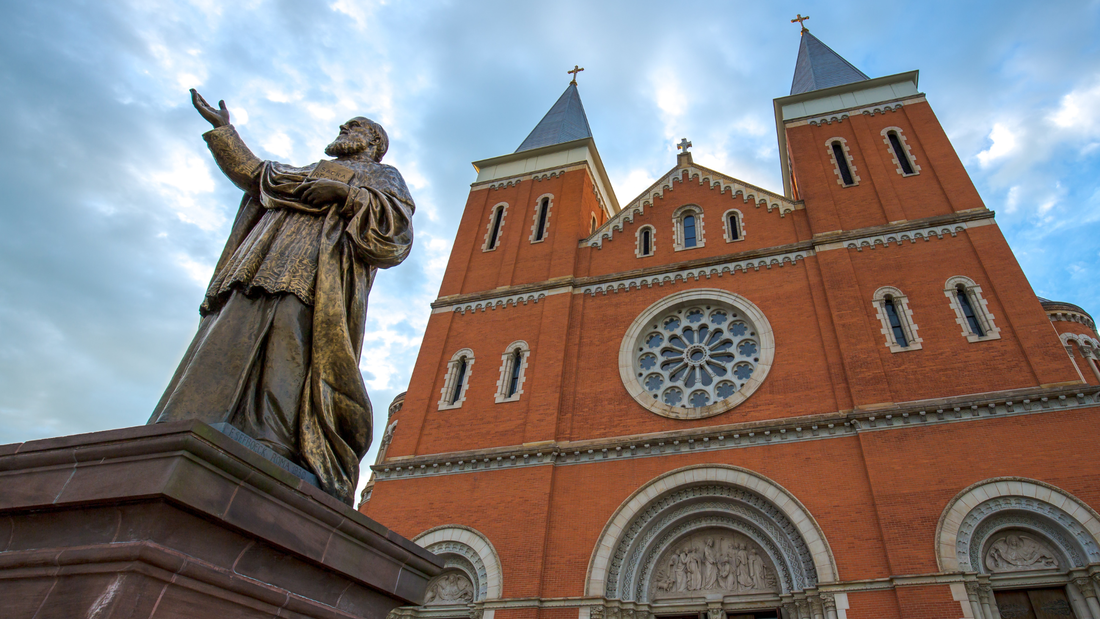|
In the latest example of government targeting religion, the Minnesota Legislature recently passed a bill banning Christian colleges and universities from participating in the state’s Post-Secondary Enrollment Options (PSEO) program – which allows high school students to earn college credit at the institution of their choice.
The move is brazenly unconstitutional. It also deprives the state of some of its largest PSEO providers, while also preventing thousands of high-school aged young people from attending schools that align with their faith. Minnesota’s PSEO program is designed to allow 10th, 11th, and 12th-grade students to earn college credit tuition free while still in high school. Two of its prominent providers are Crown College and the University of Northwestern-St. Paul. In 2020, Crown provided nearly 4,400 credit hours to PSEO students. That same year, Northwestern provided almost 25,000 – roughly 15 percent of the state’s total PSEO student hours. What do these two schools have in common? Both are Christian institutions requiring a statement of faith from prospective on-campus students – and both are now expressly banned from participating in the PSEO program. This new law is a wide-ranging education bill which, among other things, revises the criteria for eligible PSEO institutions to explicitly exclude religious institutions. The bill states: “An eligible institution must not require a faith statement from a secondary student seeking to enroll in a postsecondary course under this section during the application process or base any part of the admission decision on a student's race, creed, ethnicity, disability, gender, or sexual orientation or religious beliefs or affiliations.” (Emphasis added.) The legislative history plainly demonstrates that legislators knew that Crown and Northwestern would be affected by the changes, with the bill’s sponsor acknowledging an intent to coerce such institutions into admitting students regardless of their beliefs. For an entertaining view of legislative sharp elbows within the constraints of Minnesota nice (see the 3:09 mark), listen to Rep. Ben Bakeburg discuss the “targeting of people of faith,” and Rep. Harry Niska put the amendment’s author, Rep. Laurie Pryor, on the spot about whether she intends to exclude religious schools or force them to change their doctrine. As Rep. Niska amply demonstrated, by excluding religious institutions from public benefits widely available to private secular institutions, this bill runs afoul of the U.S. Supreme Court opinion in Trinity Lutheran Church of Columbia, Inc. v. Comer, (2017), which held that such discrimination is “odious to our Constitution . . . and cannot stand.” Rep. Niska also pointed out in Carson v. Makin that the Supreme Court held that religious schools in Maine could not be excluded from a state school choice program on the basis of their religious beliefs. A second, more practical, problem is that Minnesota’s actions disenfranchise students wishing to attend Crown and Northwestern, the latter being the largest provider of PSEO services. Northwestern has already admitted 183 on-campus PSEO students for the 2023-2024 school year. As Becket Fund senior counsel Diana Thomson aptly put it, “Minnesota politicians just slammed the door on thousands of kids in their state who want to get a head start on college, all because the schools they want to attend share their religious beliefs.” Two families affected by the Legislature’s decision – as well as both Crown and Northwestern – have filed suit against the state asking for injunctive relief and a determination that the new law violates the Constitution and Minnesota law, enshrining the right to the free exercise of religion. Any law infringing on a fundamental Constitutional right must be narrowly tailored to further a compelling governmental interest. Protect The 1st will be watching this case closely as it progresses. Comments are closed.
|
Archives
June 2024
Categories
All
|
ABOUT |
ISSUES |
TAKE ACTION |



 RSS Feed
RSS Feed